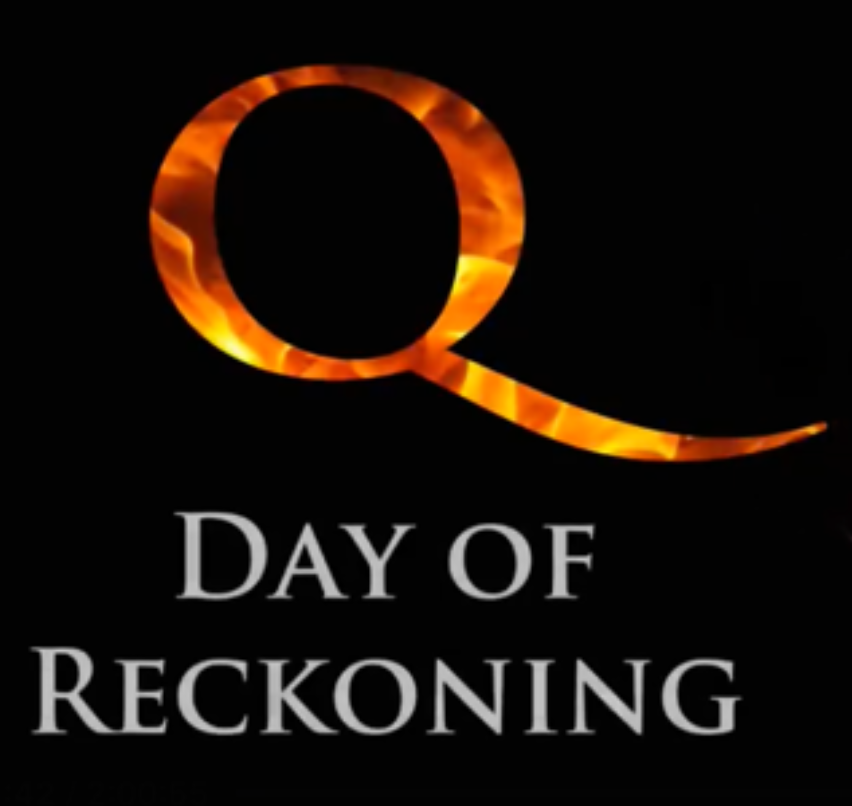Understanding the root of conspiracy theories lies not in understanding the theories, but in understanding the theorists, i.e. the adherents to those theories.

Q only posted about 3 messages on the QAnon site between Election Day in November and Inauguration Day in January, And on Inauguration Day, Ron Watkins, the former administrator of the message board where the anonymous user “Q” regularly posted and believed by many to be Q, wrote on Telegram, ‘We gave it our all. Now we need to keep our chins up and go back to our lives as best as we are able.
Inauguration Day was to be the day of the “Great Awakening,” marked by 10 days of darkness where the media and internet would be shut down, Trump’s enemies’ crimes disclosed and when they should be rounded up for trial and eventual execution. ‘The Storm’ did not manifest, and many QAnon adherents, faced with the hollowness of promises and bereft of their figurehead in the White House and social media platforms to shout from, packed their conspiratorial bags and left. As one adherent put it, ‘That’s it. It’s done. I feel like a fool, 6 months over obsessing over Q.’
But not all! For others, the rallying cry has been, ‘Trust the Plan’. So why is that?

The appeal of conspiracy theories lies in the human fear of uncertainty and impermanence in the same way as does the adoption of faith in improbable religious myths. In a world where the collapse of certainties that were offered by the consensus realities of past millennia leaves a void, our human fears of impermanence cause us to clutch at anything that fills that void, however implausible.
Implicit in the breakdown of consensus is the loss of trust. If priests have been lying to us for thousands of years, and even our parents tell us lies about Santa Claus and the Tooth Fairy, the reaction to our loss of innocence is the same: a failure of trust.

Yet consensus and trust are the bedrock of the survival of the human species. As social animals, we need to co-operate and communicate to survive. The essence of verbal communication is that we agree on the meaning of the words we use. In the complex world we have created, data on climate science, health and social justice has to be ‘successfully communicated and believed before it can inform personal behaviour or public policy’. Looked at in this light, the success of QAnon and other conspiracy theories is not a peripheral matter of society tolerating a fringe group: it becomes an existential threat.